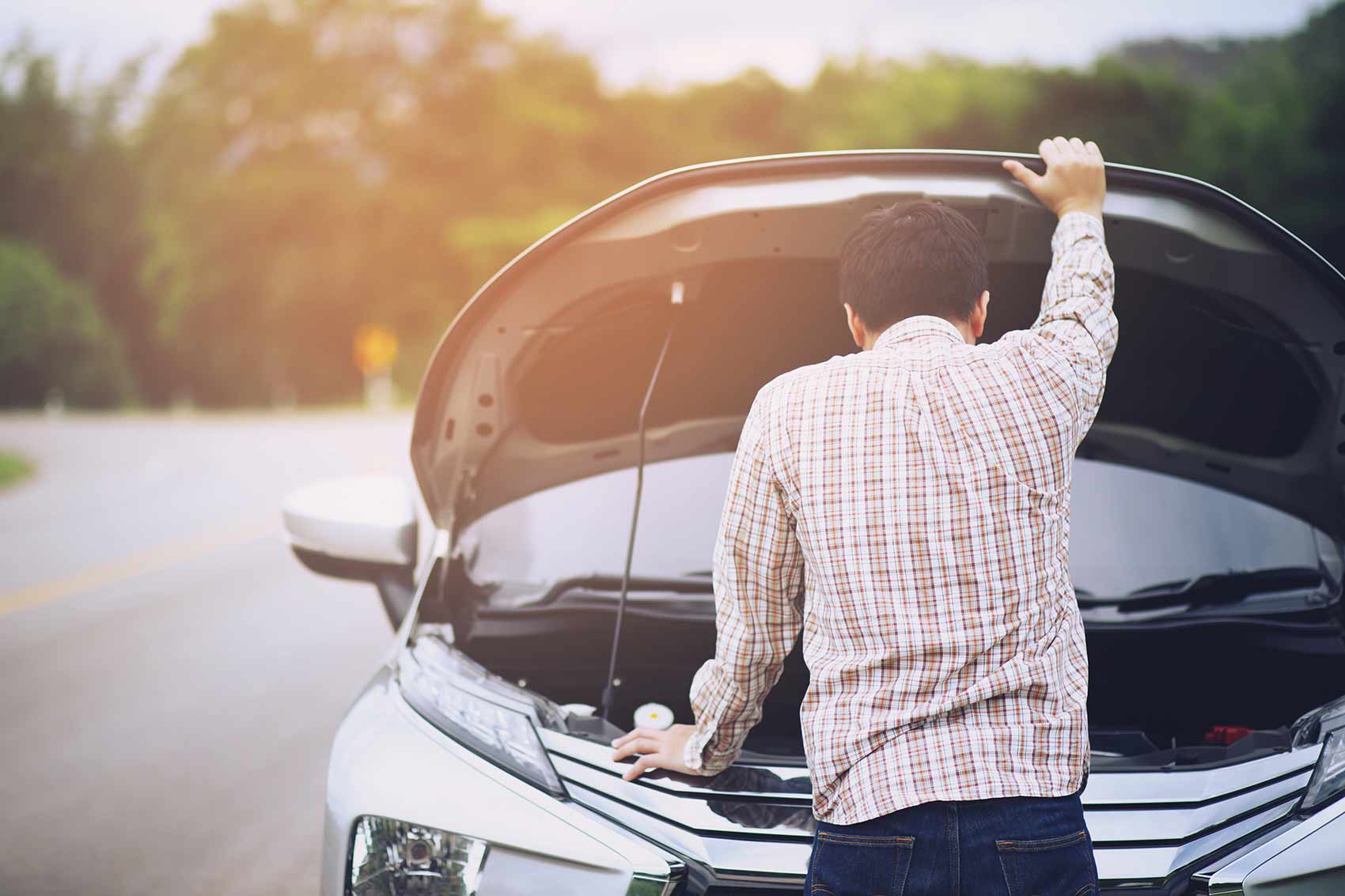If you’ve ever experienced your car turning off unexpectedly while driving, you know how alarming and dangerous it can be. This issue can stem from various causes, and understanding them can help you diagnose and fix the problem. In this complete guide, we will explore the potential reasons why your car may be shutting down on its own and what steps you can take to resolve it.
Common Causes of a Car Turning Off by Itself
There are several reasons your vehicle might turn off unexpectedly. Here are some of the most common causes:
- Fuel Issues: An empty fuel tank or a clogged fuel filter can cause your engine to stall.
- Electrical Problems: Issues with the battery, alternator, or wiring can lead to power loss.
- Ignition System Failure: Faulty ignition coils, spark plugs, or ignition switches can prevent the engine from running smoothly.
- Overheating: If your engine overheats, it may shut down to prevent damage.
- Sensor Malfunction: Faulty sensors, such as the crankshaft or camshaft position sensors, can send incorrect signals to the engine control unit (ECU).
- Transmission Issues: Problems with your transmission can cause the engine to stall, especially in automatic vehicles.
Detailed Explanation of Each Cause
1; Fuel Issues
Running low on fuel is the most straightforward explanation for a car stalling. However, even if you have fuel, a clogged fuel filter can restrict flow to the engine. This can result in poor engine performance or stalling.
2. Electrical Problems
The battery provides the electrical power needed to start the engine and power various components. If the battery is weak or failing, it may not provide enough power, causing the engine to die. Additionally, a faulty alternator may not charge the battery properly.
3. Ignition System Failure
The ignition system is crucial for starting and running your engine. If components like spark plugs or ignition coils are worn out, the engine may misfire or stall. An ignition switch that fails can also prevent the engine from staying on.
4. Overheating
Engines can overheat due to low coolant levels, a faulty thermostat, or a malfunctioning water pump. When an engine overheats, it may automatically shut down to prevent severe damage.
5. Sensor Malfunction
Modern cars have numerous sensors that communicate with the ECU. If sensors like the crankshaft or camshaft sensors fail, they can send incorrect data, leading to engine shutdown.
6. Transmission Issues
For automatic cars, transmission problems can cause the car to stall or shut off. Issues with the torque converter or transmission fluid can lead to stalling during gear changes.
Diagnosing the Problem
To determine why your car is turning off by itself, consider the following steps:
- Check Fuel Level: Ensure you have enough fuel in the tank.
- Inspect the Battery: Look for signs of corrosion, and test the battery’s voltage.
- Examine Electrical Connections: Check for loose or damaged wiring.
- Listen for Noises: Pay attention to unusual sounds from the engine or transmission.
- Scan for Error Codes: Use an OBD-II scanner to identify any diagnostic trouble codes (DTCs).
What to Do If Your Car Keeps Turning Off
If your car continues to shut off, consider taking the following actions:
- Consult a Mechanic: If you’re unable to diagnose the issue yourself, it’s best to consult a professional mechanic.
- Regular Maintenance: Ensure that your vehicle is regularly serviced to prevent issues related to fuel, electrical systems, and engine performance.
- Check Recalls: Research whether your vehicle model has any recalls related to stalling issues.
- Consider a Diagnostic Test: A mechanic can perform a more thorough diagnostic test to pinpoint the problem.
Experiencing your car turning off by itself can be a distressing situation. Understanding the potential causes and how to diagnose the problem can be the first step in ensuring your vehicle runs smoothly. Always prioritize safety and consult a professional if you’re unsure about the cause of the issue. Regular maintenance and staying informed about your vehicle’s condition can significantly reduce the chances of unexpected shutdowns.

